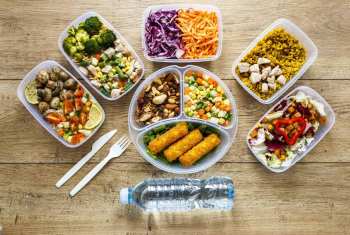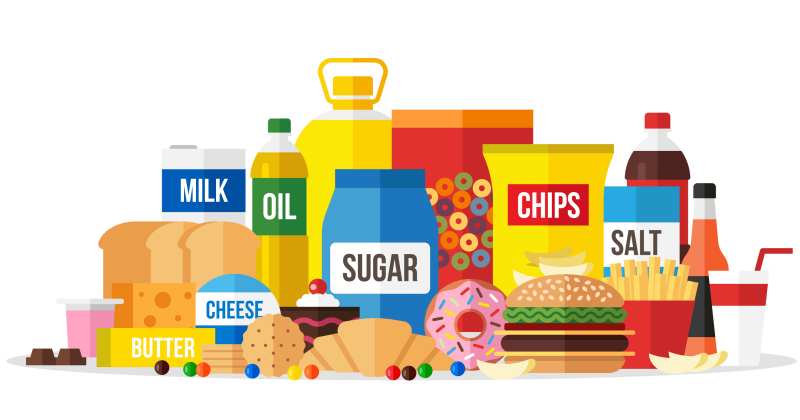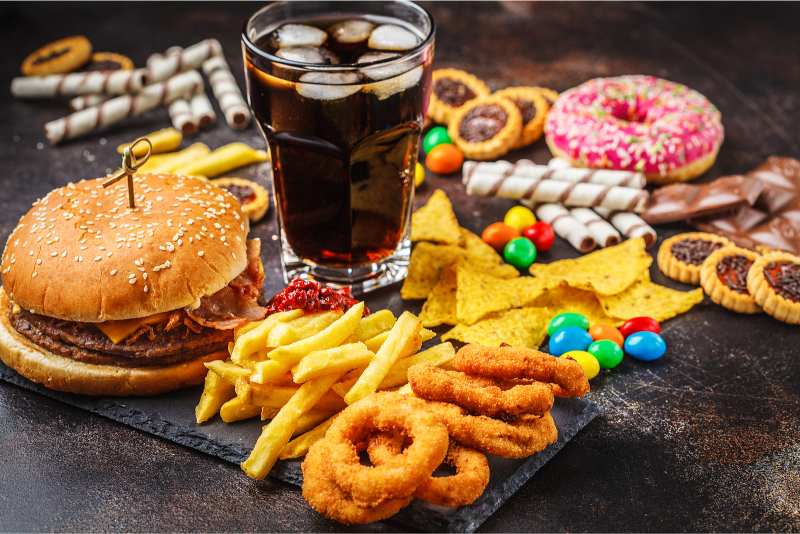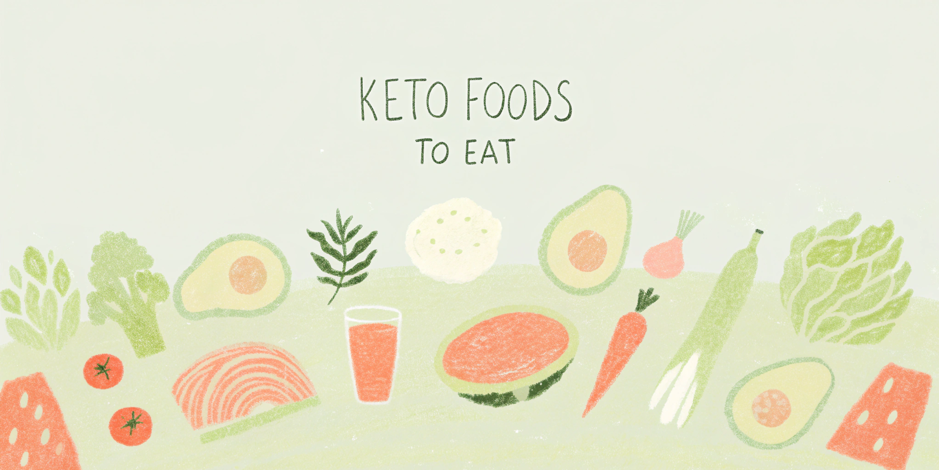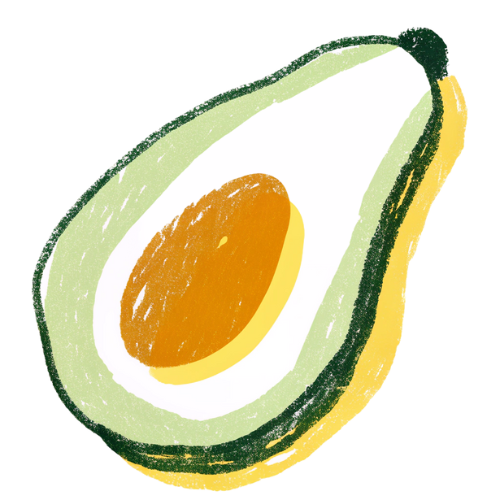Maintaining a ketogenic diet requires careful selection of foods that support ketosis. The key to success is high-fat, moderate-protein, and low-carbohydrate intake. This article provides a detailed breakdown of foods to embrace and foods to avoid to help you stay on track.
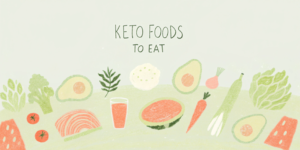
What is the Keto Diet?
The ketogenic diet is a low-carb, high-fat diet designed to shift your metabolism from using glucose as its primary fuel source to burning fat for energy. This metabolic state is called ketosis and is achieved by drastically reducing carbohydrate intake while increasing fat consumption.
By staying in ketosis, your body becomes more efficient at burning stored fat, leading to weight loss, improved mental clarity, and sustained energy levels. To maintain ketosis, it’s essential to know which foods to eat and which to avoid.
Foods to Eat on the Ketogenic Diet
Healthy Fats and Oils
Fats are the foundation of a ketogenic diet and should make up around 70-80% of your daily calories. Focus on consuming natural, unprocessed fats:
- Healthy Oils: Extra virgin olive oil, avocado oil, coconut oil, and macadamia nut oil.
- Butter & Ghee: Grass-fed butter and ghee provide essential fatty acids and a rich flavor for cooking.
- Animal Fats: Tallow, lard, duck fat, and chicken skin are excellent sources of saturated fat for cooking.
- Nuts and Seeds: Almonds, walnuts, pecans, macadamia nuts, pine nuts, hazelnuts, brazil nuts, chia seeds, flaxseeds, pumpkin seeds, sunflower seeds, and hemp seeds (in moderation due to their carb content).
- Fatty Dairy Products: Heavy cream, full-fat Greek yogurt, sour cream, cream cheese, and mascarpone.
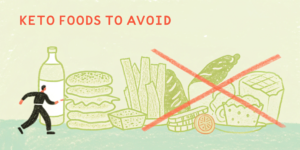
High-Quality Proteins
Protein is important for muscle maintenance and overall health, but it should be consumed in moderation (about 20-25% of daily calories):
- Fatty Fish: Salmon, mackerel, sardines, tuna, anchovies, trout, and herring are rich in omega-3s.
- Meat & Poultry: Beef, lamb, pork, bison, venison, duck, chicken, turkey, quail, and goose. Opt for grass-fed or pasture-raised whenever possible.
- Eggs: A keto staple, eggs are packed with protein and healthy fats.
- Organ Meats: Liver, heart, kidney, and other organ meats are rich in essential nutrients.
- Dairy: Full-fat cheese (cheddar, brie, gouda, mozzarella, parmesan, blue cheese, feta, ricotta, camembert), Greek yogurt (unsweetened), and cottage cheese (in moderation).
Low-Carb Vegetables
Non-starchy vegetables provide fiber and essential nutrients while keeping your carb intake low:
- Leafy Greens: Spinach, kale, arugula, lettuce, Swiss chard, collard greens, mustard greens, and bok choy.
- Cruciferous Vegetables: Broccoli, cauliflower, cabbage, Brussels sprouts, kohlrabi, and radishes.
- Other Low-Carb Veggies: Zucchini, cucumbers, asparagus, bell peppers, mushrooms, green beans, celery, fennel, eggplant, and leeks.
Berries (In Moderation)
Most fruits are high in sugar and should be avoided, but small amounts of low-glycemic berries can be included:
- Best Choices: Strawberries, raspberries, blackberries, blueberries, and cranberries (in limited quantities).
Keto-Friendly Beverages
Hydration is crucial on a ketogenic diet to maintain electrolyte balance and prevent keto flu:
- Water: Still or sparkling water with lemon, lime, or apple cider vinegar.
- Tea and Coffee: Unsweetened, black, or with keto-friendly creamers like heavy cream or MCT oil.
- Bone Broth: A great source of electrolytes that supports hydration.
- Nut Milk: Unsweetened almond milk, coconut milk, or macadamia milk.
Foods to Avoid on the Ketogenic Diet
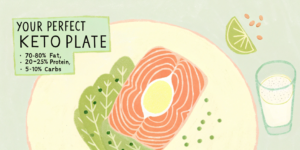
Sugary and Processed Foods
- Avoid: Soda, fruit juices, candy, cakes, pastries, sweetened yogurts, and processed snacks.
- Hidden Sugars: Ketchup, barbecue sauce, flavored coffee creamers, sports drinks, and many salad dressings.
Grains and Starches
- Avoid: Bread, pasta, rice, oatmeal, corn, quinoa, cereals, crackers, and tortillas.
- Better Alternatives: Replace grains with cauliflower rice, almond flour, coconut flour, or psyllium husk for keto-friendly options.
High-Carb Fruits and Starchy Vegetables
- Avoid: Bananas, apples, oranges, grapes, pineapples, mangoes, peaches, plums, potatoes, sweet potatoes, carrots, peas, and butternut squash.
- Better Choices: Stick to berries in moderation and non-starchy vegetables like leafy greens and cruciferous vegetables.
Unhealthy Fats and Alcohol
- Avoid: Vegetable oils (canola, soybean, corn oil), margarine, hydrogenated oils, and trans fats.
- Avoid Alcohol: Beer, sweet wines, cocktails, and sugary mixers.
- Better Choices: Dry wines and low-carb spirits like vodka, gin, and tequila (in moderation).
Conclusion
The ketogenic diet is built on low-carb, high-fat nutrition, emphasizing whole, natural foods while avoiding processed, sugar-laden options. By following this ultimate keto food list, you can successfully maintain ketosis, optimize health, and enjoy a variety of delicious, satisfying meals.
References
- NCBI Bookshelf – “Ketogenic Diet.” Link
- Harvard T.H. Chan School of Public Health – “Ketogenic Diet Review.” Link
- Nutrients Journal – “Specialty Diet Patterns and Nutrient Profiles.” Link
- EatingWell – “Complete Keto Diet Food List.” Link
- Health.com – “Keto Foods Guide.” Link
- Atkins – “Ketogenic Foods to Avoid.” Link
- Good Housekeeping – “List of Keto Diet Foods.” Link
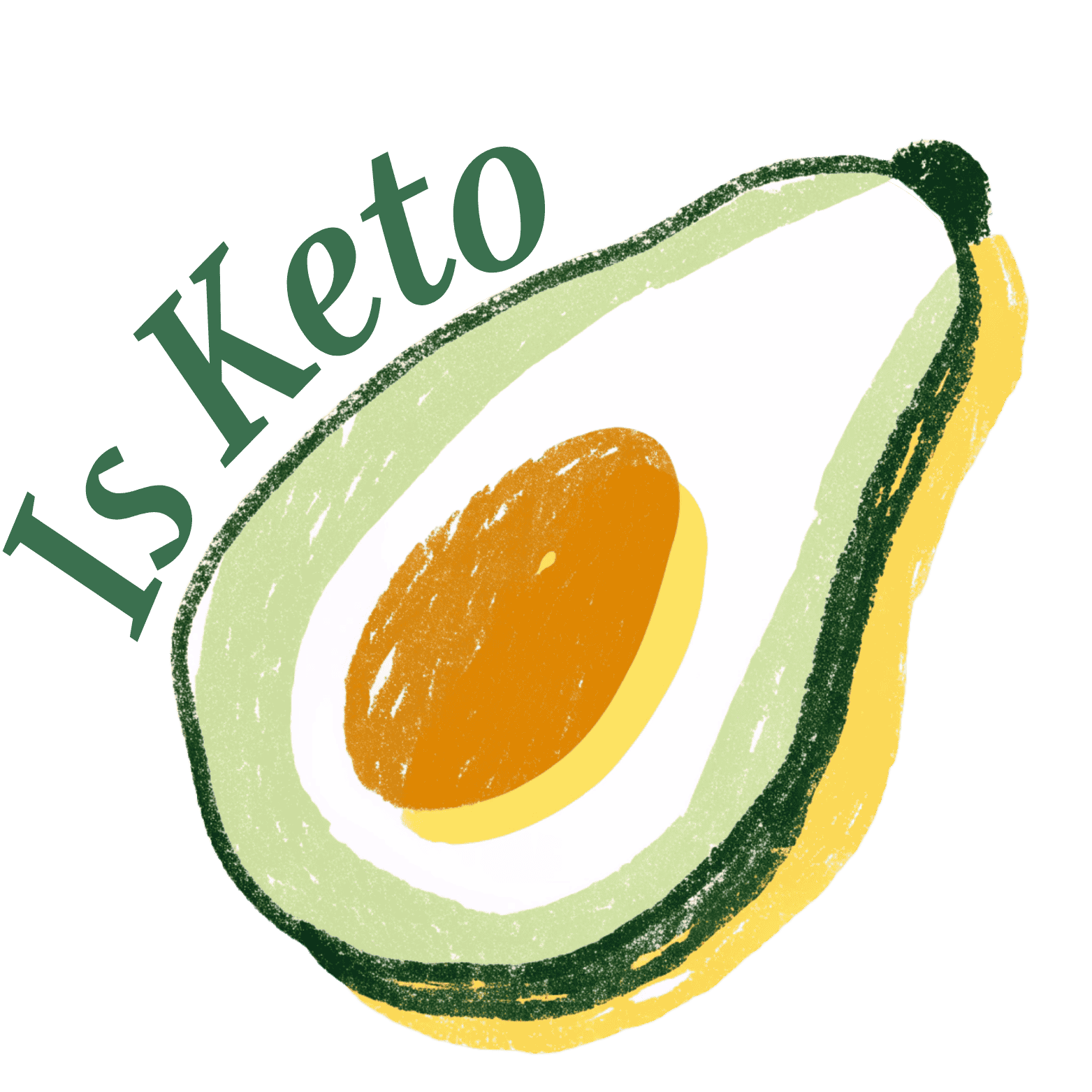
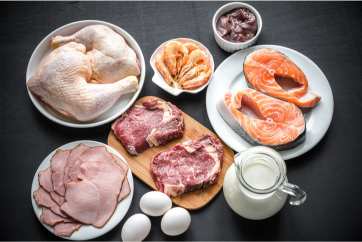 Animal-Based Foods
Animal-Based Foods 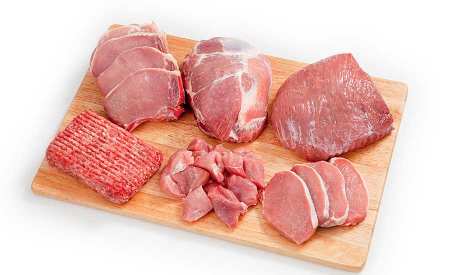
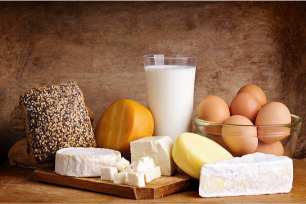
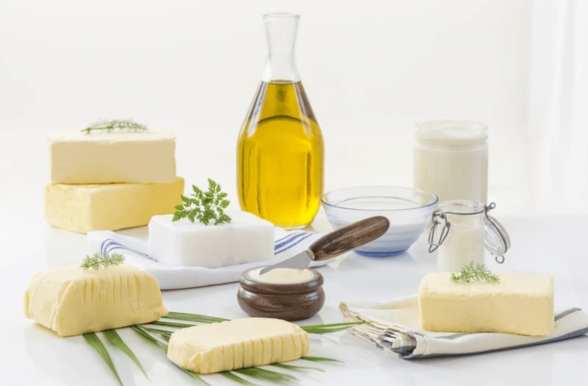
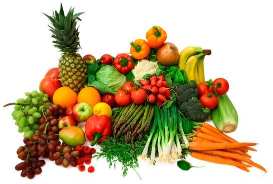 Fruits & Vegetables
Fruits & Vegetables 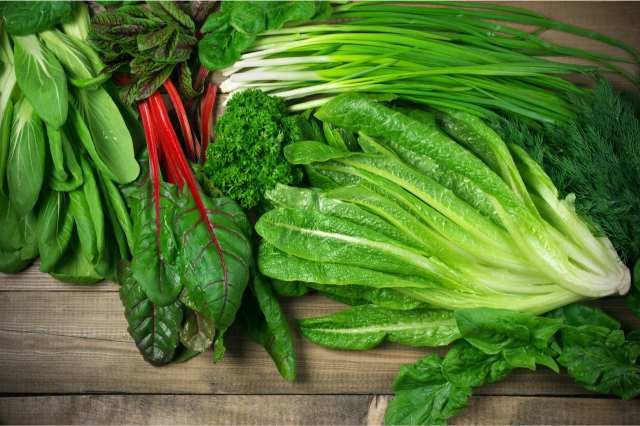
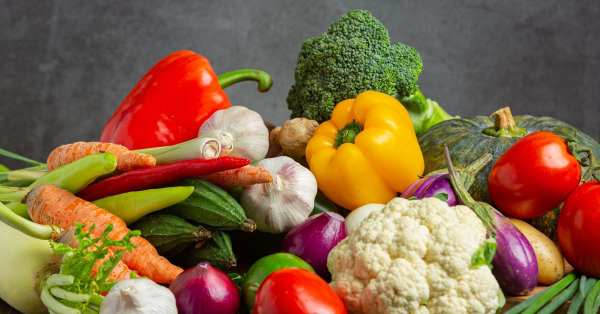
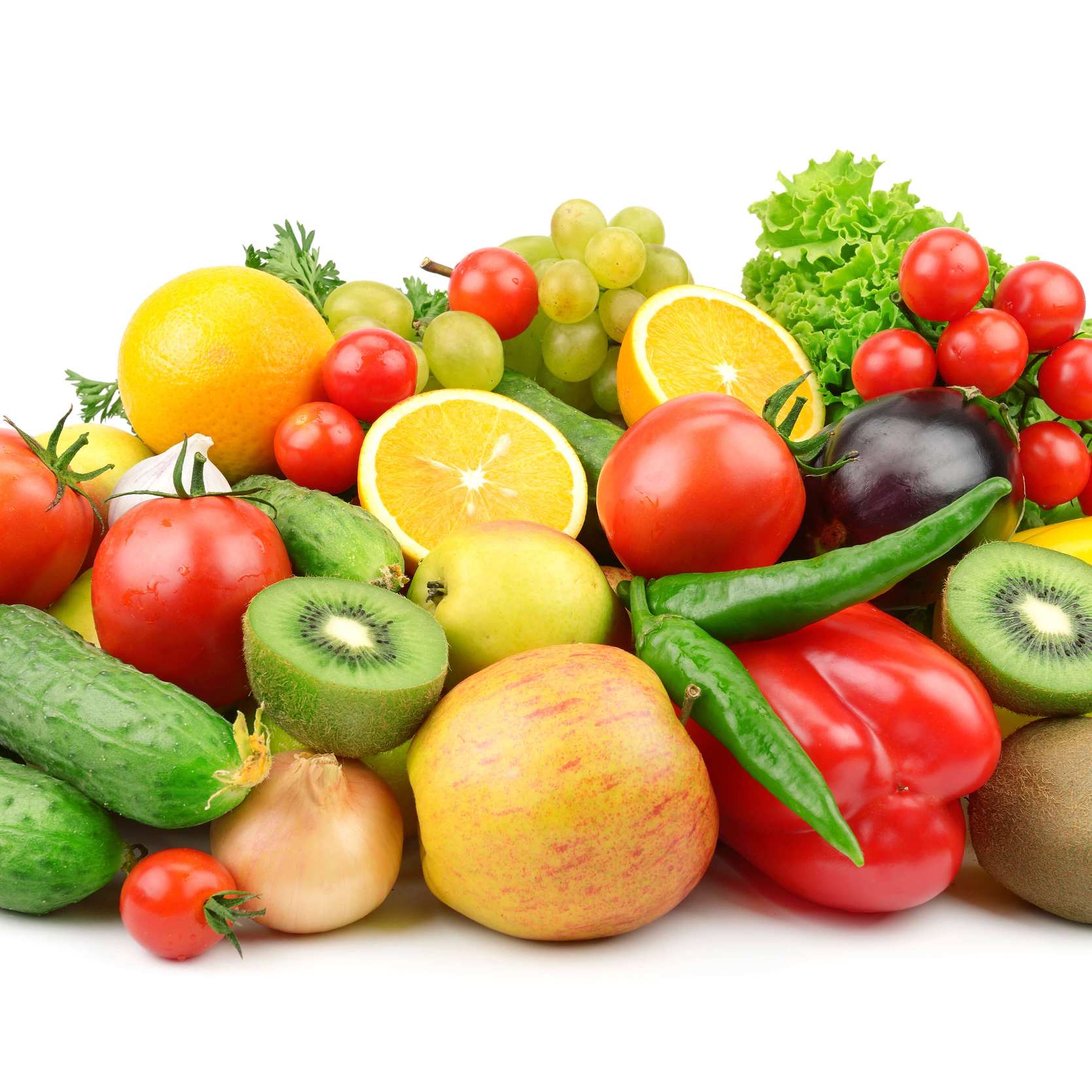
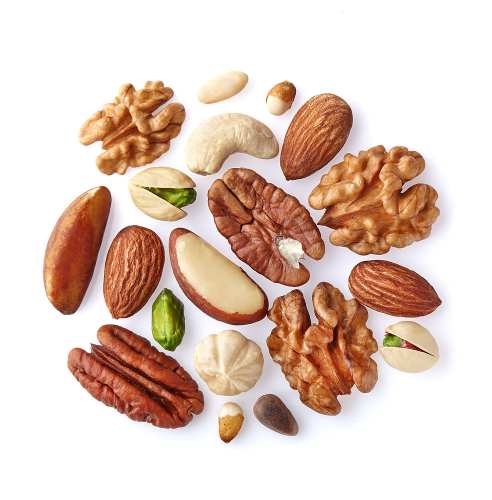 Nuts, Seeds & Grains
Nuts, Seeds & Grains 
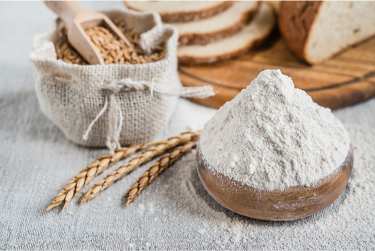
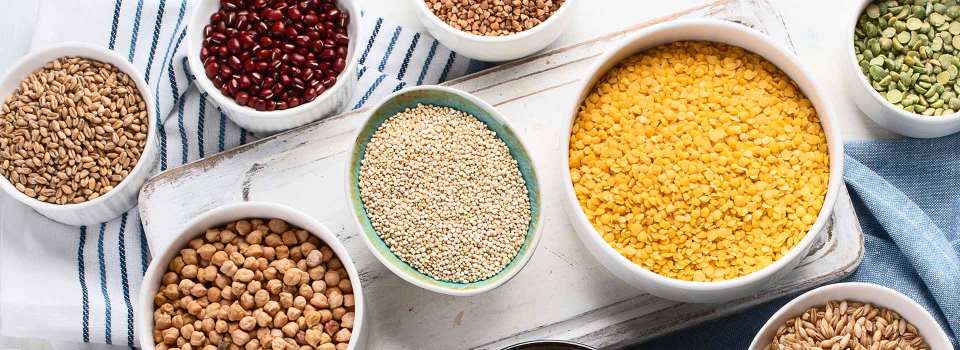
 Beverages
Beverages 
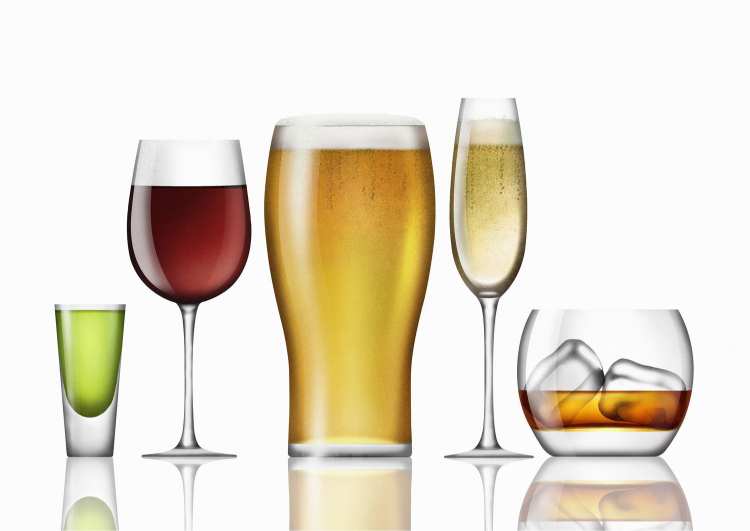
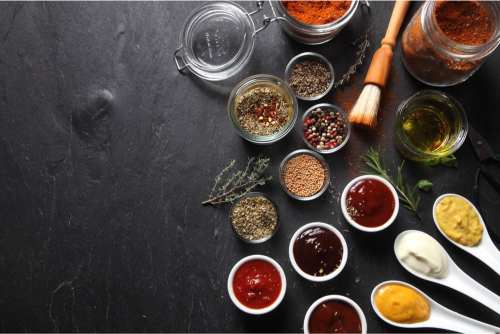 Oils, Sauces & Condiments
Oils, Sauces & Condiments 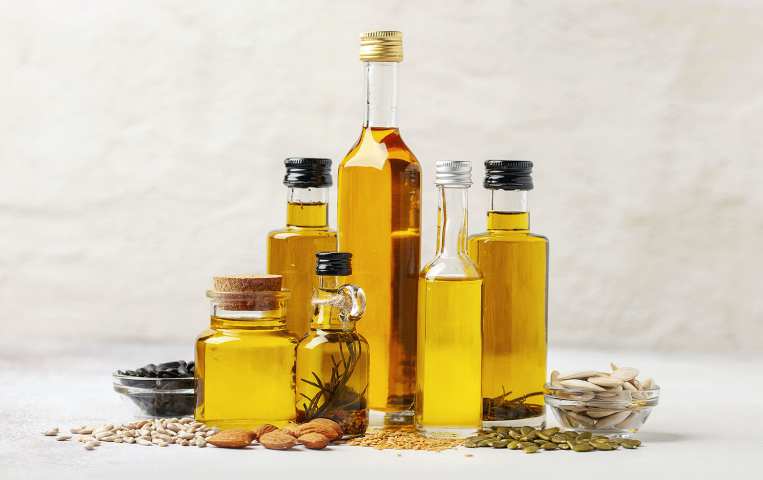
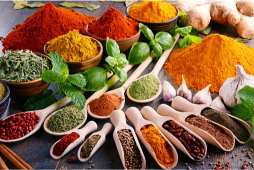
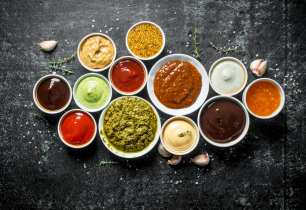
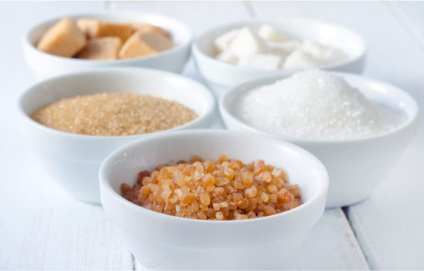
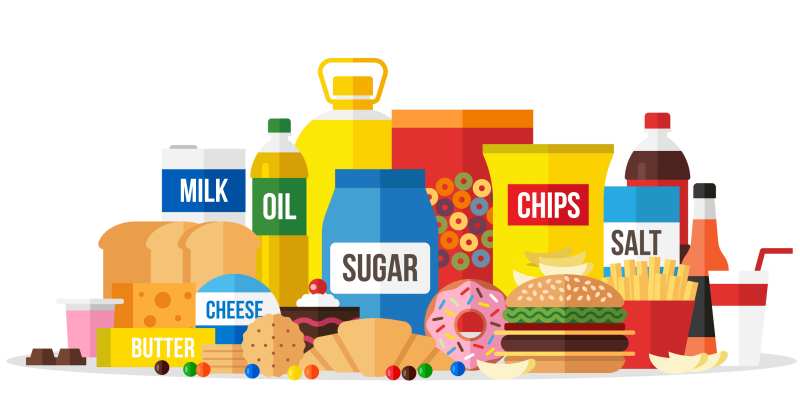 Packaged & Processed Foods
Packaged & Processed Foods 
